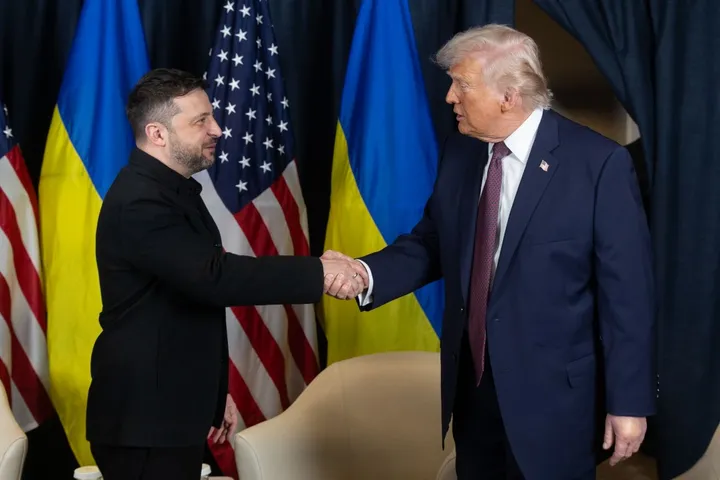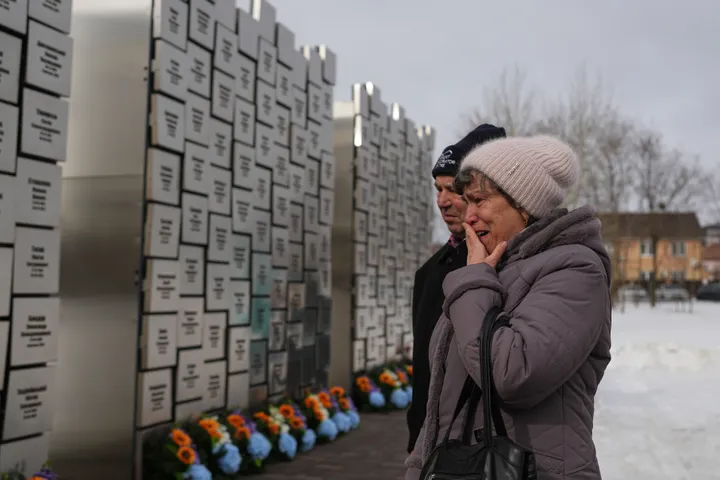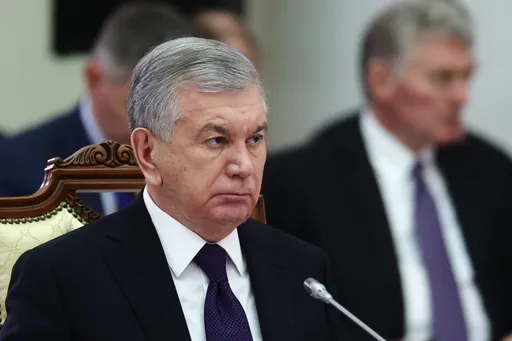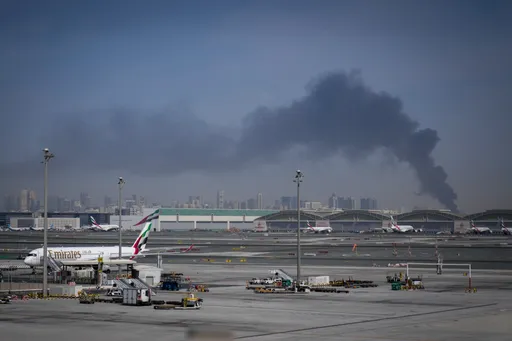Serbian military forces have been reportedly driving close to the Kosovo border in a move that has been widely interpreted as a threatening act towards the neighbouring country.
The move by Belgrade follows a decision by the Albanian authorities in Kosovo’s capital of Pristina to introduce administrative measures on car plates entering from Serbia.
Cars entering Kosovo with Serbian number plates must now purchase a temporary number plate in the country, costing around five euros.
The decision by Kosovo’s Prime Minister Albin Kurti reflects barriers that have been placed by Belgrade authorities on cars coming from Kosovo, which Serbia does not recognise as a country.
For its part, Kosovo’s government has called the move an act of “reciprocity” in the face of Serbian attempts to impede citizens of Kosovo free and easy access to the country.
“We didn’t ask for the temporary license plates, but the other party imposed them,” said Kurti. “As long as our citizens must pay for the plates when they enter Serbia, they will be used on entry into Kosovo as well."
In an attempt to ratchet up tensions, Serbia’s populist right-wing president Aleksandar Vucic who has sought to undermine the country’s independence, said that Serbs living in Kosovo have “suffered one of the worst days.”
In 2016, Kosovo and Serbia signed an agreement that ensured that “what applies to the license plates of the one country shall also be applied to the license plates of the other country.”
According to Kosovo’s Ministry of Interior, the agreement, which expired on September 15, left Prishtina with no choice but to reciprocate Serb actions.
Vucic’s bellicose rhetoric towards Kosovo, formerly an autonomous province in the former Yugoslavia that split away after Belgrade attempted to ethnically cleanse the region of its Albanian Muslim population, has some worried that Serbia could further provoke tensions in the region.
Vucic has also provocatively called on Serb politicians in Kosovo to work against central authorities in Pristina and continue to issue Serb car plates in their municipalities.
Gezim Visoka, an associate professor of Peace and Conflict Studies at Dublin City University, called Vucic’s threats a part of an “entrenched conflict culture” in the country where “conflict is the way of life, whereas peace and normalisation are seen as a threat to the peace found in the conflict culture.”
Visoka went on to say that Serbia is a “generator of instability in Kosovo”, which has failed to come to terms with losing the territory during the 1998/99 war, which left more than 13,000 Albanians dead and more than 600,000 refugees.
Kosovo declared independence in February 2008 and has since been recognised by more than 100 countries.
Talks aimed at normalising relations between the two countries have stalled over Serbian refusals to recognise Kosovo or come to terms with its past crimes in the region.























